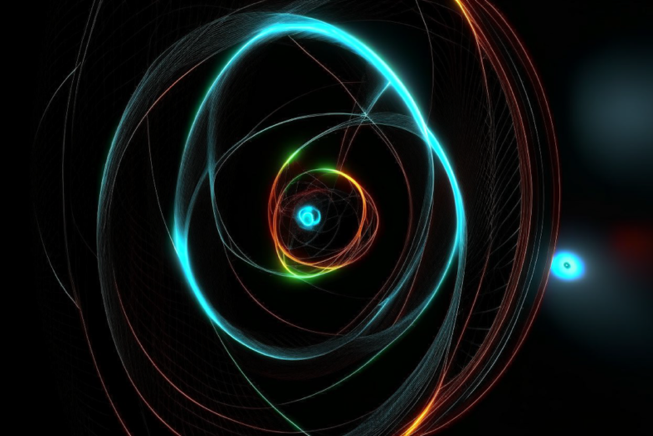Unconventional magnetism for quantum applications
by
1/1-1 - Aula "A. Rostagni"
Dipartimento di Fisica e Astronomia - Edificio Marzolo

Speaker: Federico Mazzola
Date: October 29th, 2025, 2.30 p.m.
Where: Aula Rostagni
Abstract: For many years, since the beginning of the 19th century, the existence of magnetism in low dimensions has been both desired and controversial. It was long thought, that magnetic orders in low dimensional systems could not be realized at temperatures different from zero. At least, this was what the Mermin-Wagner theorem stated for isolated Heisenberg spins. The scarcity of low-dimensional materials with magnetic properties, and the partial understanding of the role of spin-anisotropy have supported this picture for several decades. In three-dimensions, magnetism has revolutionized our everyday life, enabling familiar technologies which are of common use. A few examples include computers’ memories, RAM, hard-disks, key cards, credit cards, electric batteries, light, and distance sensors. This relentless pace of development has motivated the search for magnetism in systems with increasingly smaller sizes.
With cooperation of experimental and theoretical physics, researchers discovered that spin-anisotropy can stabilize low-dimensional magnetism. In this, spin-orbit coupling plays an important role. Surface experimental probes, such as angle-resolved photoelectron spectroscopy provide researchers access to the electronic structure of solids. Despite the advances in the field, recently, new forms of surface local magnetism completely different from standard descriptions have appeared, with relevance in quantum transport information, dissipationless transport, and quantum sensing.
Here, I aim to give an overview of a new powerful methodology to uncover hidden phases of electrons, including spins, and magnetism which was so fare elusive, and that we were able to uncover for the first time.
References to my recent works on this topic:
Nature 626, 752–758 (2024)
Nature Physics 19, 1135–1142 (2023)
Nature Physics 20, 1103–1109 (2024)
Nature Physics 21, 110–117 (2025)
Nature Communications 16, 4495 (2025)
Physical Review Letters 134, 066501 (2025)
